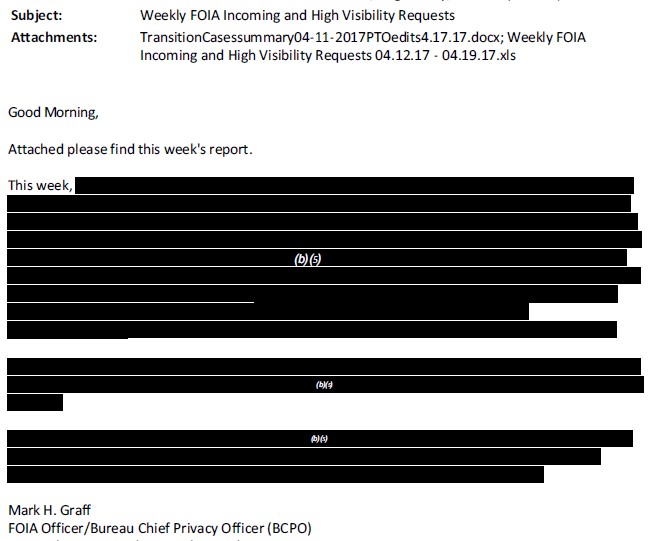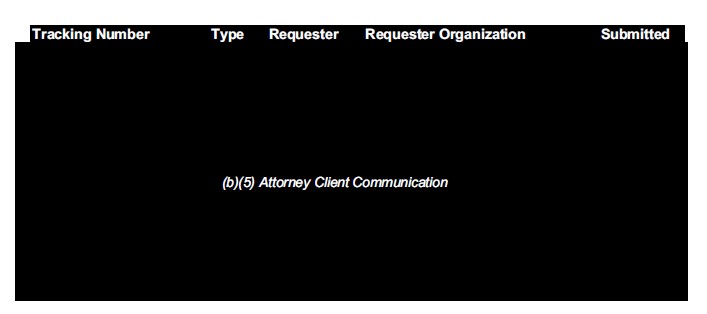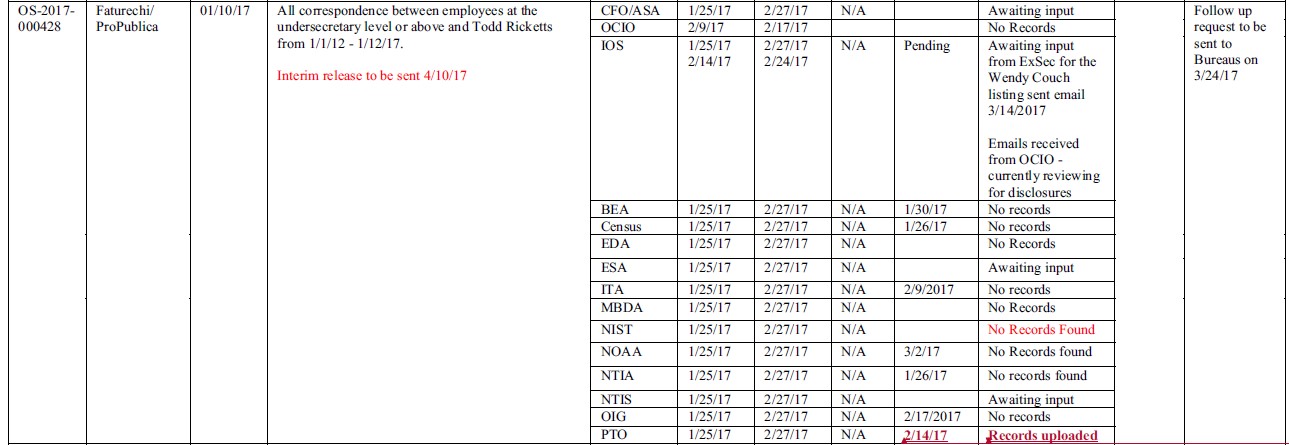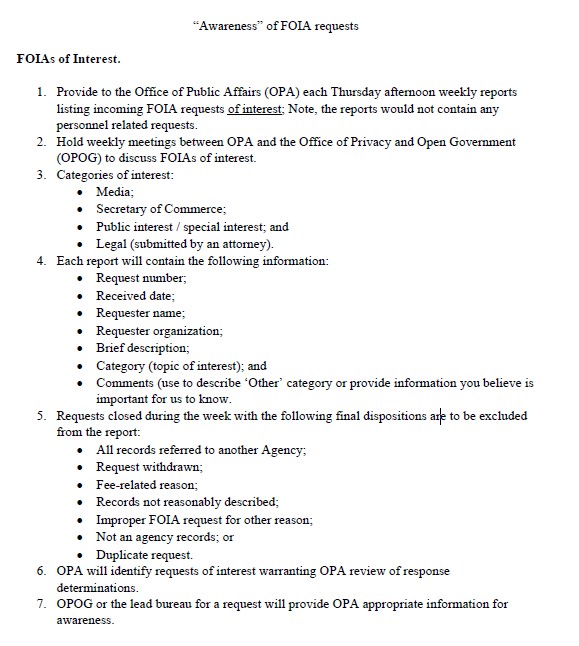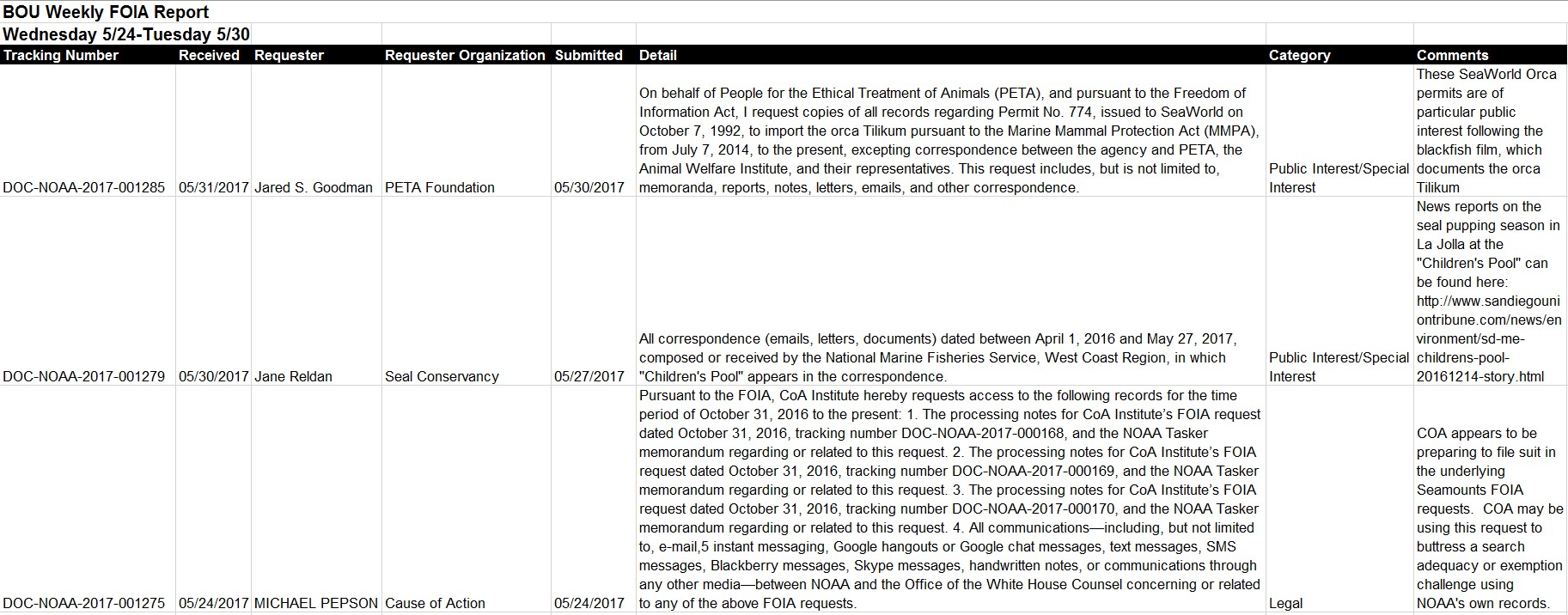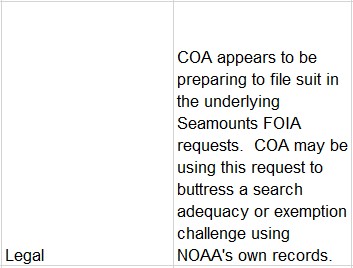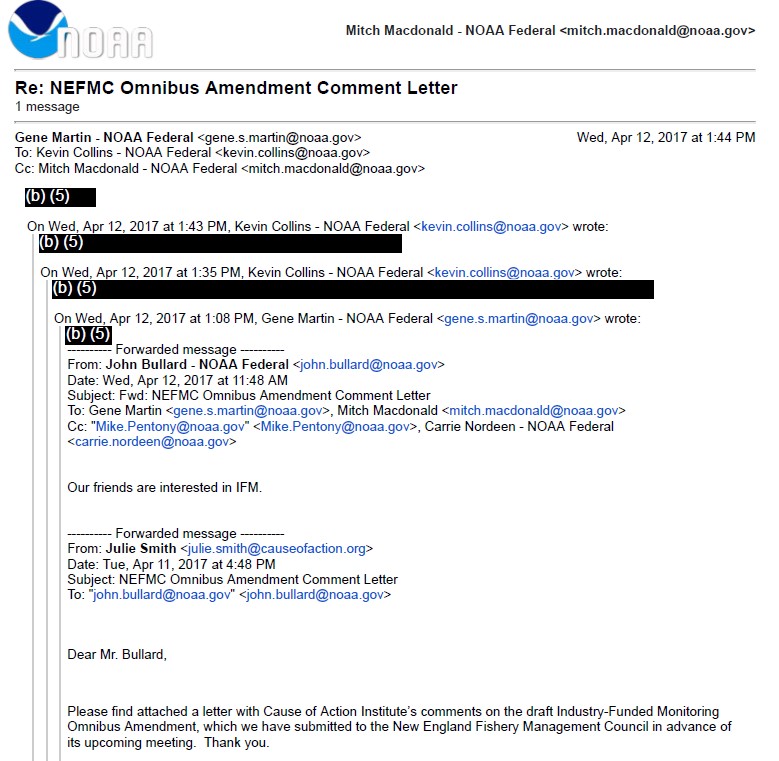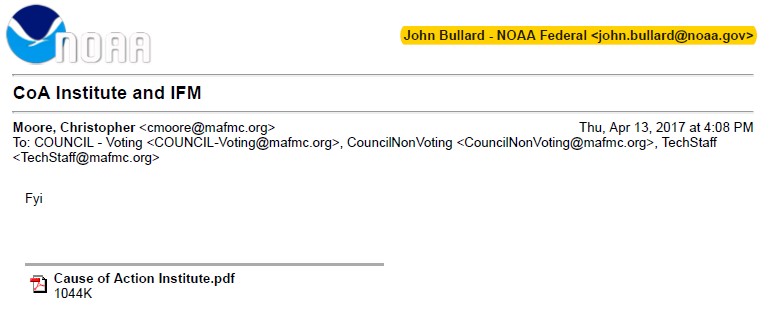There has been yet another development in the saga of GreenTech Automotive—the “green energy” car company that sought to profit from its ties to former Virginia Governor Terry McAullife, Chinese businessman Charles Wang, and Secretary Hillary Clinton’s brother, Anthony Rodham. According to papers filed in federal court last month, GreenTech and its sister corporations, including Gulf Coast Funds Management—GreenTech’s “cash-for-visas” outlet—are declaring bankruptcy.
GreenTech cites various reasons for its financial woes but emphasizes negative publicity stemming from critical reportage by the Franklin Center’s Watchdog.org, as well as investigations into possible fraud and wrongdoing by the Securities and Exchange Commission and the Department of Homeland Security Office of Inspector General. GreenTech’s bankruptcy petition recounts that the company “received investments aggregating $141.5 million from a total of approximately 283 investors,” nearly all of whom were Chinese nationals lured by the promise of permanent residency through the EB-5 Immigrant Investor Regional Center Program. (The future of the EB-5 visa program remains undecided by Congress.)
But nobody seems to know where all that money has gone, and former Governor McAuliffe and his former partners have never adequately explained its disappearance. Although GreenTech refers to “personnel issues” and “other difficulties experienced in pursing” an “ambitious business plan,” there is little evidence that much capital was ever spent on employee salaries or manufacturing, let alone research and development. As recently as May 2016, GreenTech employed only seventy-five people, never finished building a fully-operational manufacturing plant, and never sold a single vehicle.
In addition to the newly-initiated bankruptcy proceedings, GreenTech is still embroiled in several ongoing lawsuits. The State of Mississippi sued the venture last November to recover $6 million in taxpayer-funded loans and to seek forfeiture of the land provided for the never-realized car factory. GreenTech originally promised to create upwards of 25,000 jobs in the state, but later signed a pledge to invest $60 million and create 350 full-time jobs. Even those promises came to naught.
GreenTech—and Governor McAuliffe in his personal capacity— is also defending itself in a lawsuit filed by thirty-two Chinese nationals, who describe the crony venture as being part of a “$120 million scam.” Because GreenTech never created a sufficient number of qualifying jobs under the EB-5 visa program’s rules, these foreign investors face revocation of their green cards and deportation. They seek damages of at least $17.92 million. The court is now considering GreenTech’s motion to dismiss, as well as a request that proceedings be stayed pending resolution of the bankruptcy petition.
As I have previously discussed, GreenTech has been a suspicious operation from the start. It thrived only as long as it could rely on its politically-connected principals. When Cause of Action Institute released its investigative report on GreenTech in September 2013, we warned how the company’s exaggerated job-creation estimates, questionable advertising, and readiness to take advantage of favorable political connections, could violate federal law and be part of a larger scheme to defraud investors. It appears those warnings are now proving prescient.
Unfortunately, a crony venture such as GreenTech Automotive is not an outlier. For years, taxpayers have subsidized failed businesses that rely on political connections to transfer wealth to their principals, who then walk away without consequences while leaving others to pick up the pieces. It is time to get the government and the American taxpayer out of the business of picking economic winners and losers.
Ryan Mulvey is Counsel at Cause of Action Institute
